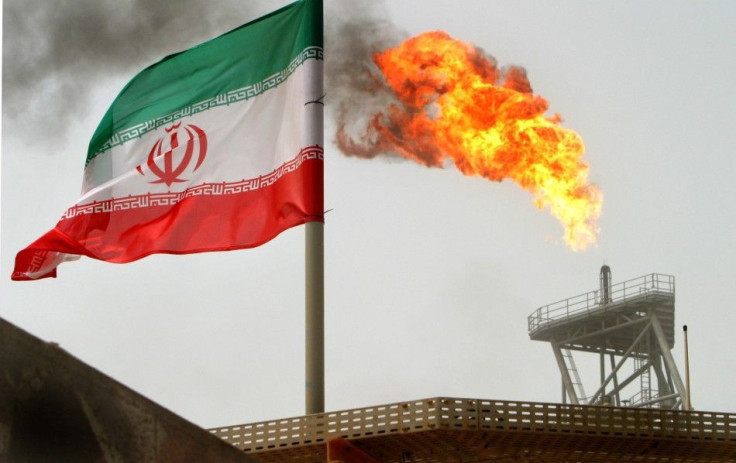How Large is the Effect of Iran Crisis on Oil Prices: Report

Tensions between Iran and the West have caused a hike in global oil prices, from $5 to $25 per barrel, according to Capital Economics.
Going by the report of Capital Economics, quantifying the impact of Iran tensions is difficult because it is hard to say exactly what is, or should be, reflected in the current prices. The worst-case scenario is some form of military conflict that disrupts the flow of oil through the Strait of Hormuz. This flow amounts to around 17 million barrels per day (bpd), or close to 20 percent of the global consumption.
Capital Economics points out that using the standard reasoning that the percentage change in oil prices required to balance the market following such a shock would be five times the percentage change in supply, oil prices might then have to double. Applying a 10 percent probability to this scenario might therefore justify a premium of at least $10 in current prices.
At the same time, this scenario is probably much less likely than 10 percent, Capital Economics notes. In short, any attempt to close the Strait of Hormuz would be a military, economic and political disaster for Iran. Capital Economics says that even Israeli opinion over the wisdom of an early military strike on Iran’s nuclear facilities is deeply divided, partly because it would be a much more difficult operation than those against Iraq (1981) or Syria (2007).
Julian Jessop, Chief Global Economist of Capital Economics, says that the immediate focus is on the direct impact of Western economic sanctions and Iran’s threats to pre-empt the EU oil embargo is due to come into force in July. In total, Iran exports around 2-2.5 million bpd of oil. The loss of this supply might add as much as $15 to oil prices, but as yet there has been little actual disruption.
Capital Economics reports that the upshot is that $10 is probably an upper limit on how large the Iranian premium should be, provided that the tensions do not escalate towards a military conflict. This is also broadly consistent with the gap that has opened up between Brent and global equity prices, with the latter a proxy for investor confidence in the prospects for the global economy. The corollary is that oil prices could quickly drop by up to $10 if Iran gives some ground on its nuclear program and tensions ease.
In addition, Capital Economics says that part of the additional strength in oil prices which is due to faith in the sustainability of the global recovery could soon disappear too, as the economic and financial reality is less impressive. Although the survey evidence is improving, as was the case in early 2011, the recovery is still fragile and from a lower base. China’s economy is slowing down, and the worst crisis in the eurozone may still lie ahead.
So Capital Economics concludes that it expects oil prices to fall back. It has forecast that the end-2012 expectation of $85 for Brent does look ambitious now and it might need to be pushed up slightly, but prices should still end the year below $100.
© Copyright IBTimes 2024. All rights reserved.











